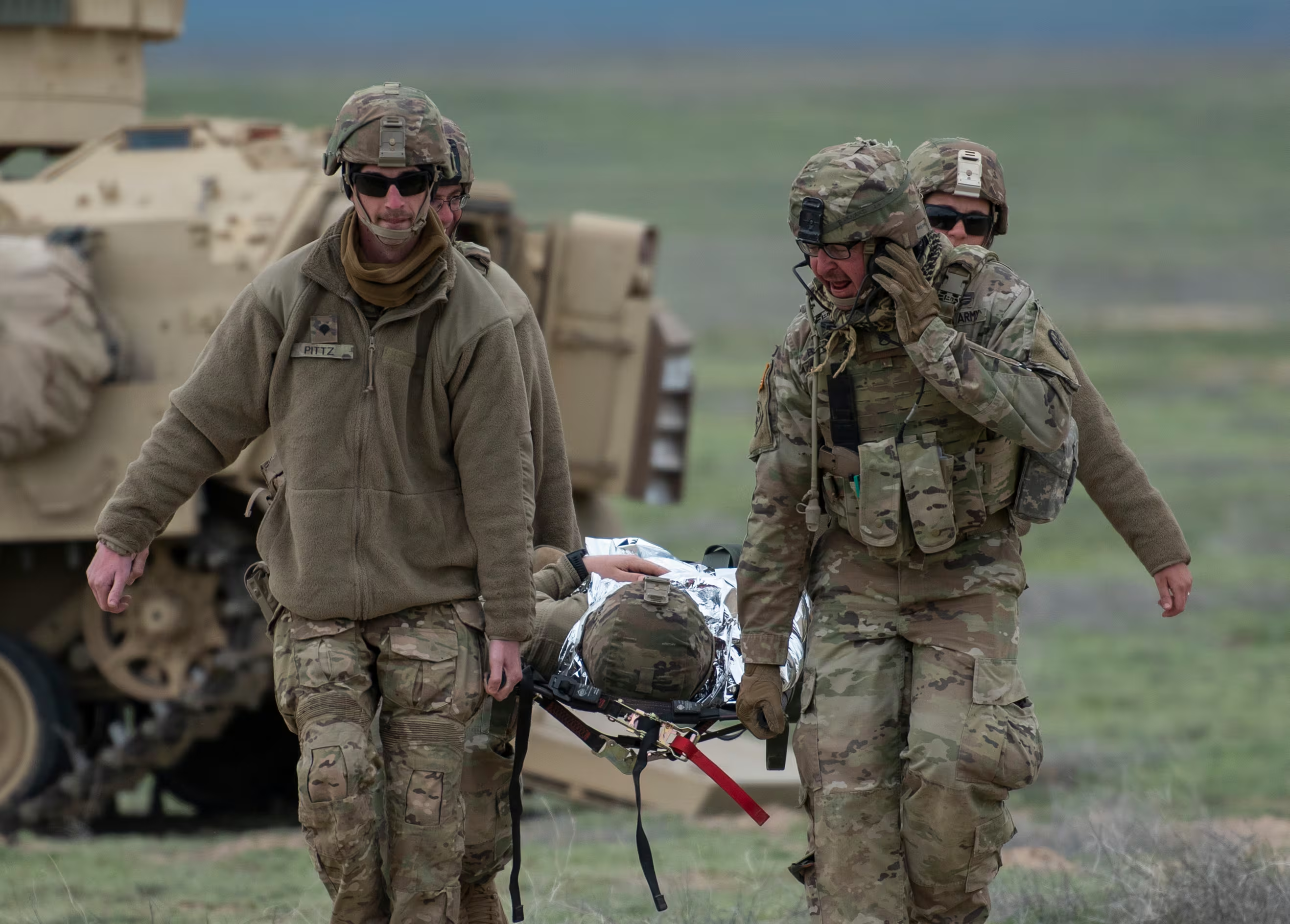WASHINGTON — The U.S. and North Korea held highly anticipated talks Friday aimed at resuming stalled efforts to end the North’s nuclear weapons program by arranging a second summit between President Donald Trump and North Korean leader Kim Jong Un.
Secretary of State Mike Pompeo and North Korea's former spy chief, Kim Yong Chol, did not respond to reporters' questions before their hourlong meeting at a Washington hotel. Pompeo then went to the White House. The North Korean envoy was expected to join him there later for a possible meeting with Trump.
Trump has spoken several times of having a second summit early this year and has exchanged multiple letters with Kim Jong Un despite little tangible progress on a vague denuclearization agreement reached at their historic first meeting in Singapore last June.
Since then, several private analysts have published reports detailing continuing North Korean development of nuclear and missile technology. A planned meeting between Pompeo and Kim Yong Chol in New York last November was called off abruptly. U.S. officials said at the time that North Korea had canceled the session.
The talks have stalled over North Korea’s refusal to provide a detailed accounting of its nuclear and missile facilities that would be used by inspectors to verify any deal to dismantle them.
The North has demanded that the U.S. end harsh economic penalties and provide security guarantees before the North takes any steps beyond its initial suspension of nuclear and missile tests.
Vice President Mike Pence said Wednesday that the Trump-Kim dialogue was "promising" but that "we still await concrete steps by North Korea to dismantle the nuclear weapons that threaten our people and our allies in the region."
Trump has offered assurances that a second summit would allow him and Kim to seal a deal resolving the nuclear standoff and improving a relationship marked by decades of animosity and mistrust since the Korean War.
Kim Jong Un expressed frustration in an annual New Year's address over the lack of progress in negotiations. But on a visit to Beijing last week, he said North Korea would pursue a second summit "to achieve results that will be welcomed by the international community," according to China's official Xinhua News Agency.
Kim's latest trip to China, his fourth since last year, came as the North's strongest ally has encouraged negotiations with the U.S. while at the same time arguing in favor of immediate easing of sanctions.
The U.S. and North Korea seemed close to war at points during 2017. The North staged a series of weapons tests that brought it closer to its nuclear goal of one day being able to target anywhere on the U.S. mainland. The two sides then turned to insulting each other: Trump called Kim "Little Rocket Man" and North Korea said Trump was a "dotard."
Kim abruptly turned to diplomacy with Seoul and Washington last year, possibly fear the economic effect of the penalties imposed over the weapons tests.
Still, even after the Singapore summit, the first between U.S. and North Korean leaders, there has been little real progress in nuclear disarmament.
Independent analysts are highly skeptical that North Korea will easily abandon a nuclear arsenal constructed in the face of deep poverty and likely seen by Kim as his only guarantee of his government’s survival.




